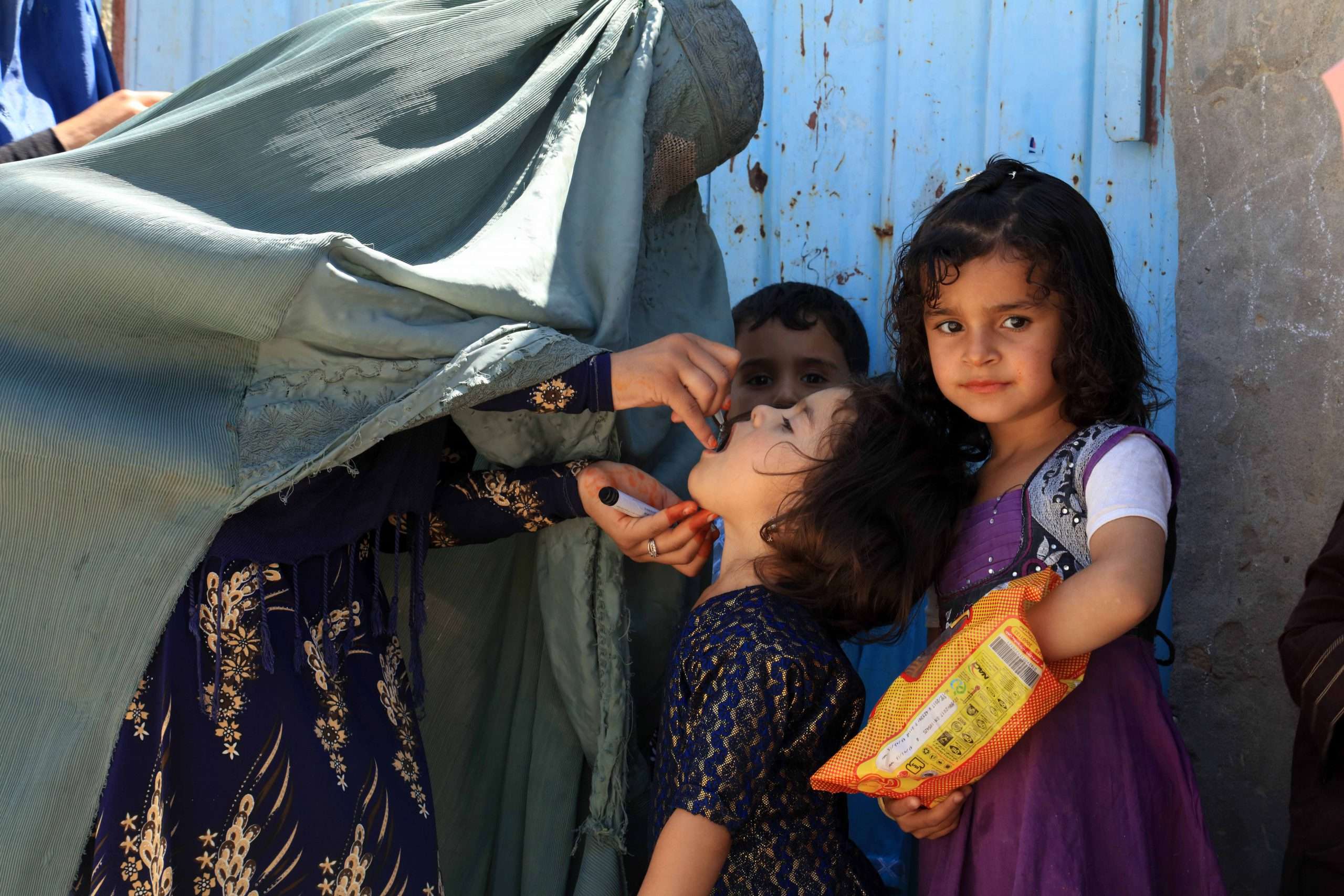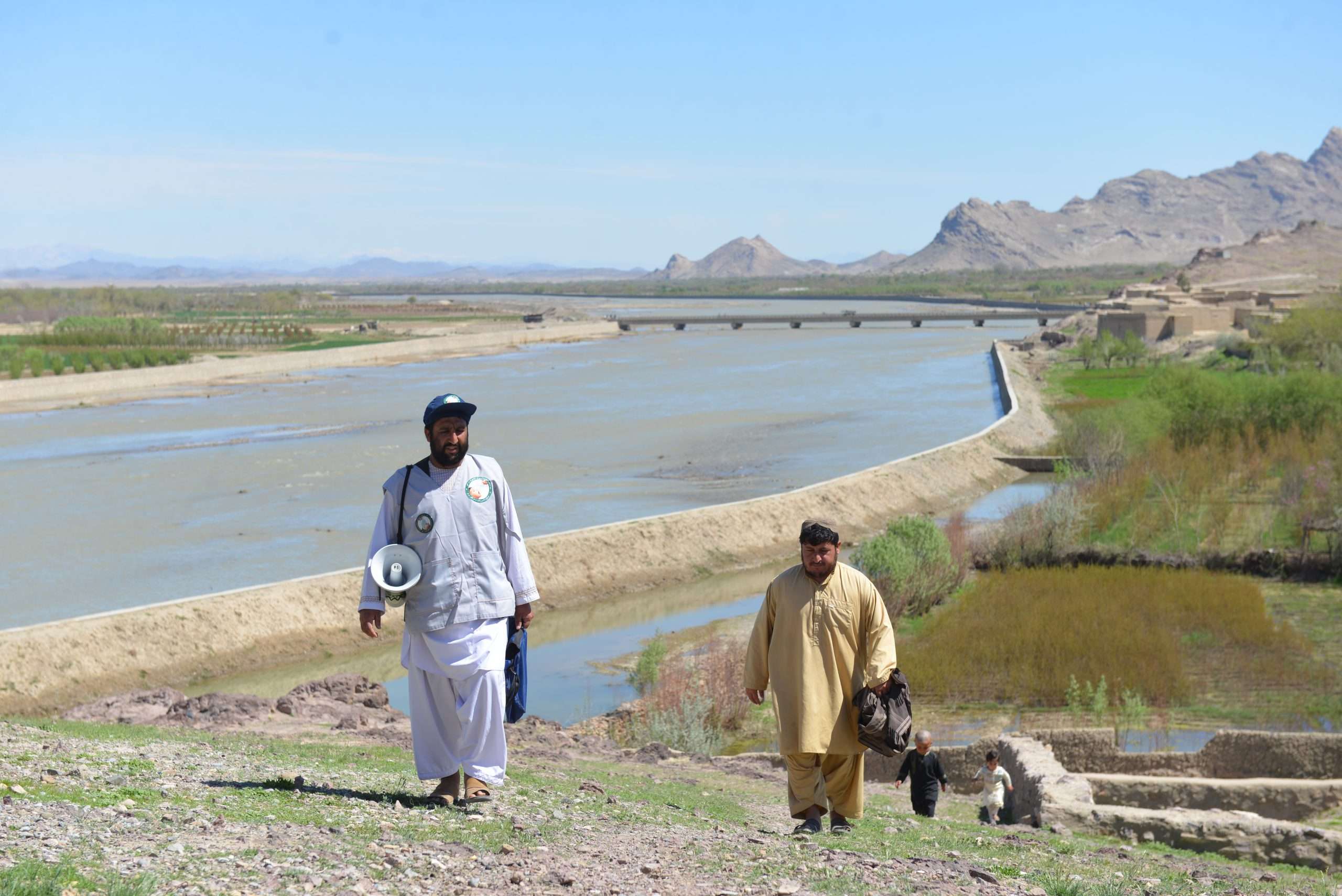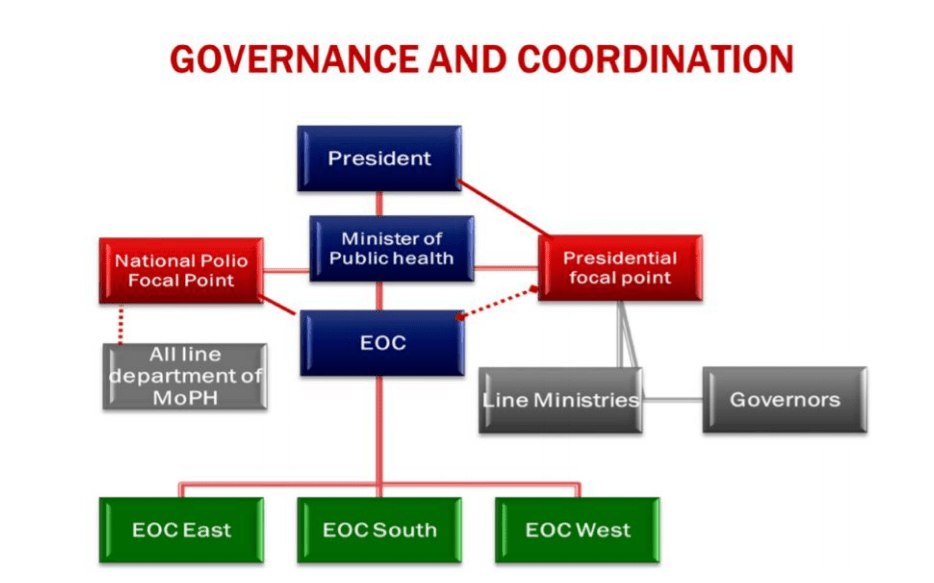Polio Eradication Initiative Program- Afghanistan
Emergency Operating Centre
Polio eradication efforts have been a top priority for the Ministry of Public Health (MOPH) the Government of Afghanistan, which remains deeply committed to the global goal of eradicating polio. The national Emergency Operation Center (EOC) under the umbrella of MOPH was established in
EoC Objectives:
The objective of the EOC is to provide effective oversight and coordinate polio eradication activities across all partners in Afghanistan. The EOC identifies priorities and effective interventions for appropriate planning, implementation and monitoring of polio eradication activities. The role of the EOC includes liaising with Polio Eradication Initiative (PEI) and Routine Immunization (RI) partners, as well as promoting effective operations and communication, advocacy and alliance-building across the partnerships.
Composition of EoC and How it funcations
The EOC is led by the Ministry of Public Health and the core members are WHO, UNICEF, BMGF, CDC, Rotary International, Core Group of Polio Project (CGPP), EPI manager and the National Polio Focal Point.
The main strategic decision-making body at the EOC is known as the Strategy Working Group (SWG), which includes representatives from the government and core partners. WHO and UNICEF are the main implementing partners while BMGF, CDC and Rotary provide financial and technical support. CGPP supports coordination efforts with NGOs.
The National EOC is in Kabul whereas and the four regional EOCs are positioned in Kandahar, Nangarhar, Herat, Paktya provinces. There is only one provincial EOC based in Helmand province.


Core Global Polio Erdication Initiative for Partners:
- The core members of Global Polio Eradication Initiative (GPEI) are five.
- WHO is the lead implementing Agency for Supplementary Immunization Activity (SIA) and surveillance activities
- UNICEF is the lead Agency for implementing communication and advocacy, communication for development and vaccines supply and management.
- BMGF is the core PEI donor partner for GPEI and supports EOC operations as well as the integrated health services and technical assistance.
- ROTARY international is the core PEI donor member of GPEI.
- CDC is core member of GPEI providing technical and capacity building support PEI as well as supporting research and surveys related to polio eradication and immunization.
Community Engagement Strategy
Community Engagement according to the Center of Disease Control CDC ‘’is the process of working collaboratively with and through groups of people affiliated by geographic proximity, special interest, or similar situations to address issues affecting the well-being of those people. It is a powerful vehicle for bringing about environmental and behavioral changes that will improve the health of the community and its members. It often involves partnerships and coalitions that help mobilize resources and influence systems, change relationships among partners, and serve as catalysts for changing policies, programs, and practices.’’
Communications and Advocacy Approach
Strategic communication plan remains a key pillar for the polio eradication in Afghanistan. It involves creating awareness, improving community’s knowledge on vaccine importance and changing people’s perceptions towards polio vaccine. Nevertheless, successful implementation, requires a deep understanding of the community issues and the environment in which the polio programme operates. The communication action plan uses standard strategic communication framework to achieve polio eradication results.
- Localize for effectiveness – regional communication plans are developed and tailored to address the local needs for each region factoring culture and language dialects.
- Strategize for impact– communication activities are prioritized to address programme challenges including refusals, high risk mobile population and propaganda/rumors.
- Data usefulness – data emerging from field surveys is utilized to drive communication strategic implementation and effectiveness.
- Messaging: consistent messaging is critical for communication Key messages are reviewed and updated for community engagement other communication activities.
- Coordination: coordinate and integrate efforts between communication teams at the national and regional level and between polio and complementary programs (referrals to health, routine immunization, etc.)
- Partnerships – broaden influencers and partnerships to include religious leaders, convergence and linkages with HFs, health shuras and Wakil-i-Guzar and others

